Life, Earth And Space
-

Behavioral science models can help identify the greenest dietary changes
Spreading the gospel of veggie-only diets may not be the most effective way to help reduce overall, food-related greenhouse gas emissions, according to a new model based on behavioral science. In new commentary published Aug. 9 in Nature Sustainability, Jonathan Gilligan, associate professor of Earth and Environmental Sciences, examines… Read MoreAug 9, 2019
-
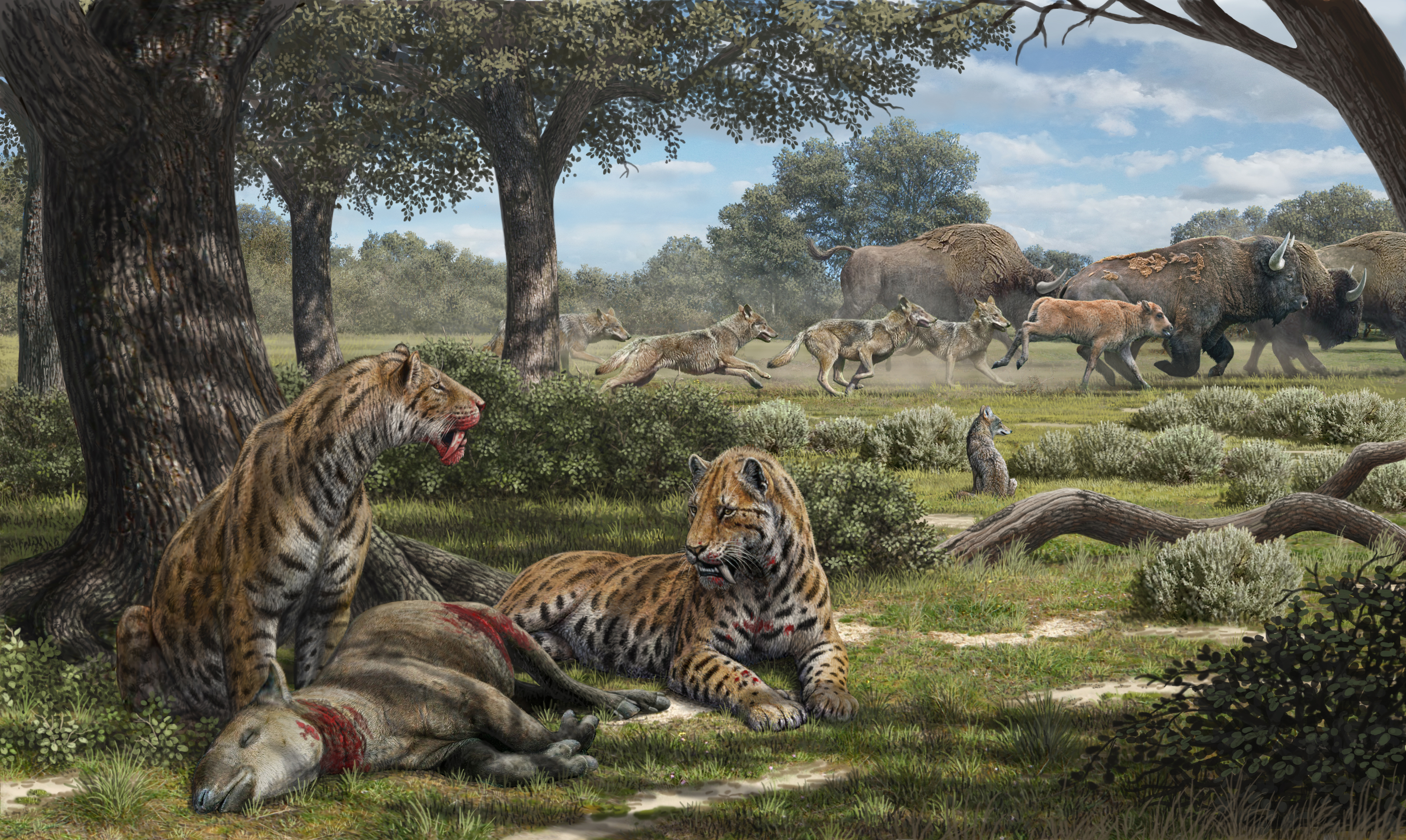
Intense look at La Brea Tar Pits explains why we have coyotes, not saber-toothed cats
The most detailed study to date of ancient predators trapped in the La Brea Tar Pits is helping Americans understand why today we’re dealing with coyotes dumping over garbage cans and not saber-toothed cats ripping our arms off. Read MoreAug 5, 2019
-

‘Research squad’ propels student during two summer immersions
Chemistry major Puxin Xuanyuan put her creativity to work this summer while splitting time between an immersion experience at a medical biotech startup in Toronto and conducting cancer-fighting research on the Vanderbilt campus. Read MoreJul 19, 2019
-
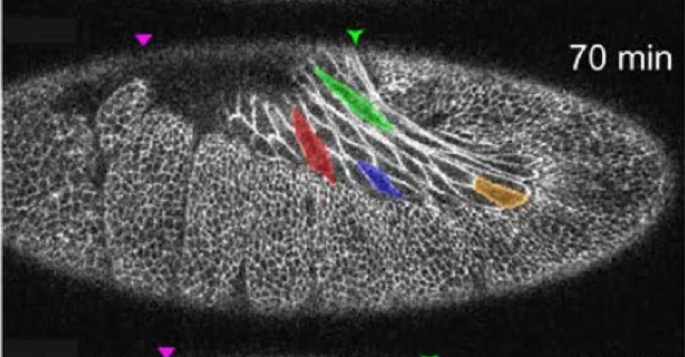
Computer model illuminates critical moment in Drosophila development
A computer model of forces exerted by cells during development of a fertilized egg into a fruit fly larvae holds promise to help scientists understand the morphogenesis of organisms that are much more complicated. Shane Hutson, professor of physics and biological sciences and chair of the Department of… Read MoreJun 19, 2019
-
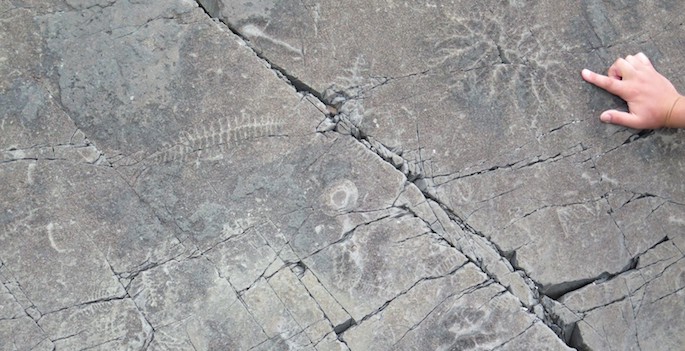
Ediacaran dinner party featured plenty to eat, adequate sanitation, computer model shows
“They are behaving like animals, and that’s a link between them and what we recognize as animals," says paleontologist Simon A.F. Darroch. Read MoreJun 19, 2019
-

Stassun appointed to Astro2020 Steering Committee
Vanderbilt University astrophysicist Keivan Stassun, Stevenson Professor of Physics and Astronomy, was named Tuesday to the National Academies’ Decadal Survey on Astronomy and Astrophysics (Astro2020) Steering Committee. Read MoreMay 22, 2019
-

Life in evolution’s fast lane
A group of budding yeasts in the genus Hanseniaspora, which is closely related to the baker’s yeast Saccharomyces cerevisiae, has lost large numbers of genes related to cell cycle and DNA repair processes. Read MoreMay 21, 2019
-
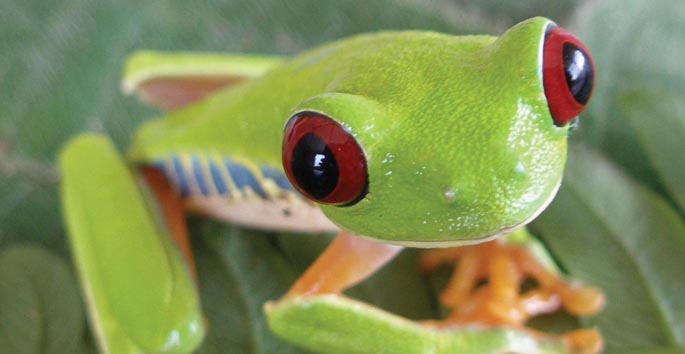
Frog fungus fights back
Louise Rollins-Smith and colleagues have discovered a new way that a deadly fungus evades frogs' immune systems. Read MoreMay 15, 2019
-
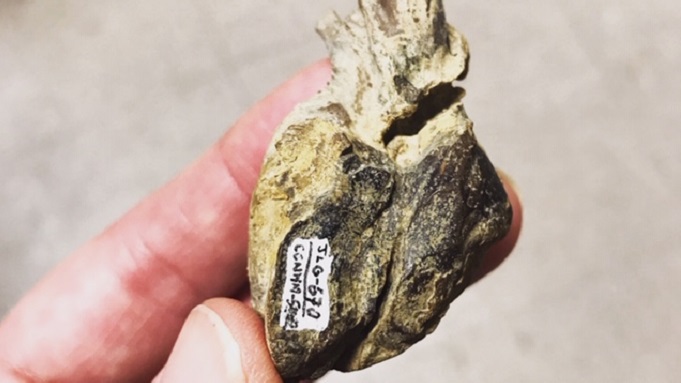
Dolphin ancestor’s hearing was more like hoofed mammals than today’s sea creatures
The team, one of the first in the world to examine the ability’s origins, used a small CT scanner to look inside a 30-million-year-old ear bone fossil from a specimen resembling Olympicetus avitus. Read MoreMay 15, 2019
-

The hunt is on for closest Earth-like planets
The catalog identifies 1,823 stars for which TESS is sensitive enough to spot Earth-like planets just a bit larger than Earth that receive radiation from their star equivalent to what Earth receives from our sun. Read MoreMar 26, 2019
-
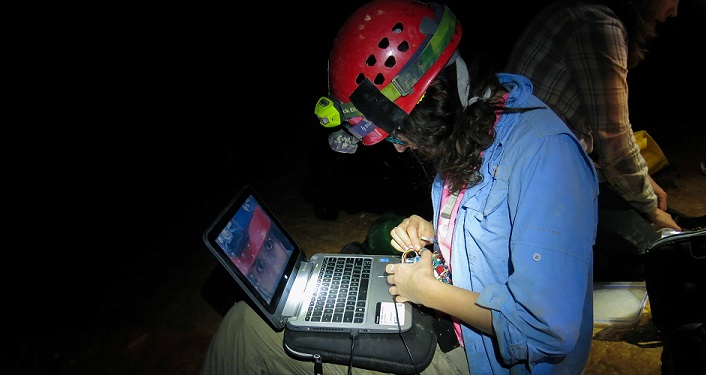
Stalagmite holds key to predicting droughts, floods for India
Stalagmite records from monsoon regions such as India are vital to understanding past variability in the global climate system and the underlying reasons for this variability. Read MoreMar 25, 2019
-

They call it puppy love, but what is it really?
Even if animals have ulterior motives for teaming up, they teach humans a lot about love, says Vanderbilt University animal biologist Patrick Abbot. Read MoreFeb 12, 2019
-

Student pushing boundaries to impact the Earth, and people in it
What is more daring—camping in a remote part of Antarctica for a month doing field research, or directing and performing in a musical revue about the environment? For Earth and Environmental Sciences major Andrew Grant, pushing boundaries to positively impact the Earth, and the people who call it home, are equally thrilling. Read MoreJan 30, 2019
-
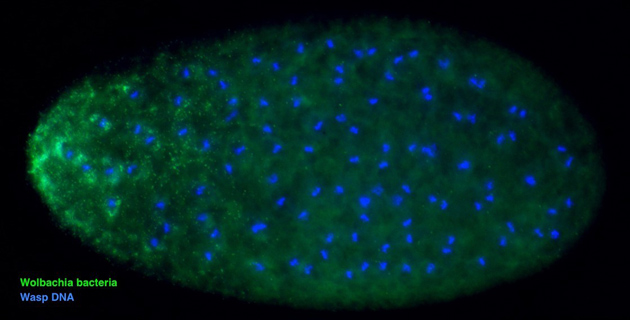
Biologist duo brings Wolbachia curriculum to students, citizen scientists around globe
A curriculum directed by biologists Seth and Sarah Bordenstein is responsible for helping countless thousands of college students, schoolkids and citizen scientists worldwide contribute to research on microbes using cutting-edge technology. Read MoreJan 22, 2019
-
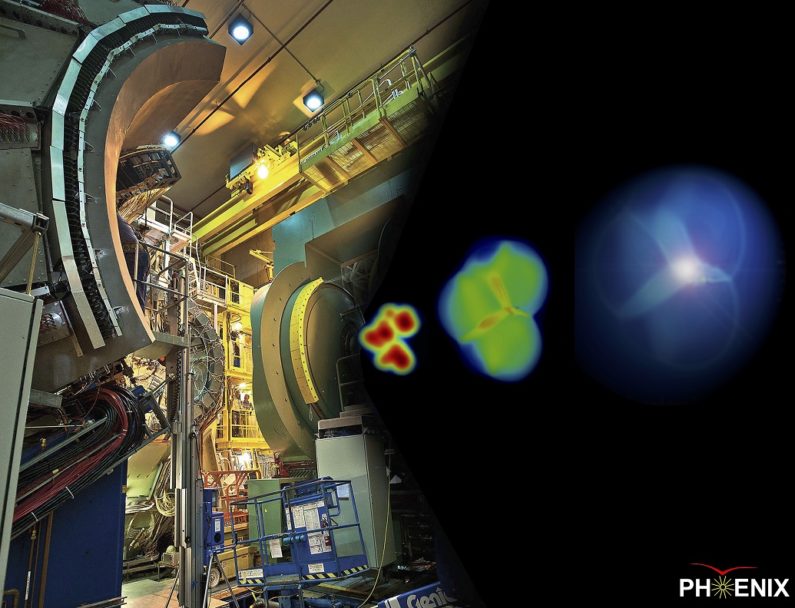
Vanderbilt physicists help find compelling evidence for small drops of perfect fluid
PHENIX publishes new particle-flow measurements to support their case that tiny projectiles create specks of quark-gluon plasma. Read MoreDec 10, 2018
-

Today’s budding yeasts shed traits from their 400-million-year-old ancestor
Evolutionary biologists decoded the genomes of nearly a third of known budding yeast species, allowing them to reconstruct an ancient parent’s metabolic characteristics. Read MoreNov 8, 2018
-
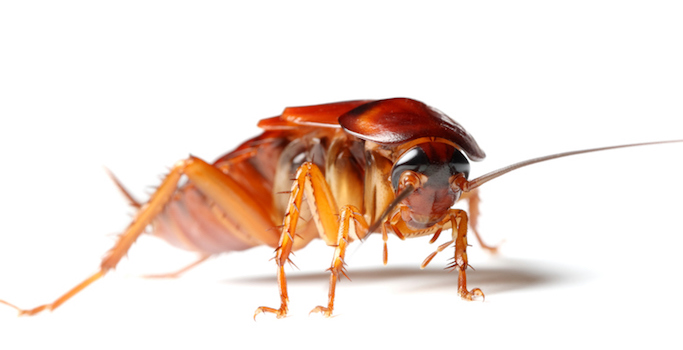
Karate kicks keep cockroaches from becoming zombies, wasp chow
Far from being a weak-willed sap easily paralyzed by the emerald jewel wasp’s sting to the brain, the cockroach can deliver a stunning karate kick that saves its life, biologist Ken Catania has found. Read MoreOct 31, 2018
-

Two proteins slow down the train of DNA replication in Drosophila
This work was the foundation for an NSF grant to interrogate how the Rif1 protein controls DNA replication. Read MoreOct 29, 2018
-

Studying cellular deliveries
James Patton and colleagues have demonstrated how colon cancer cells transmit genetic data to other cells. Read MoreOct 26, 2018
-
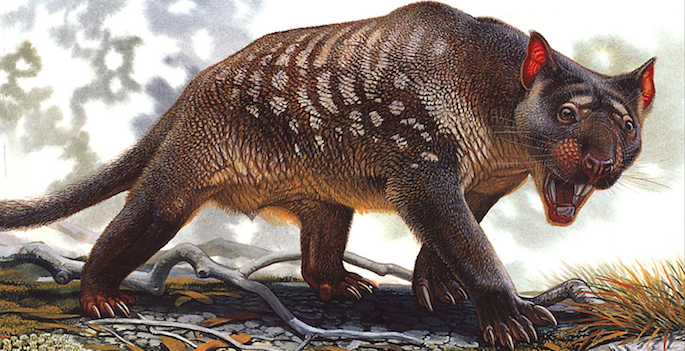
Climate change the likely killer of Australian marsupial lion
The extinction of one of Australia’s top predators, the marsupial lion, was likely a result of changing weather patterns and loss of habitat rather than human impacts, a study led by Vanderbilt University paleontologist Larisa DeSantis has found. Read MoreOct 19, 2018